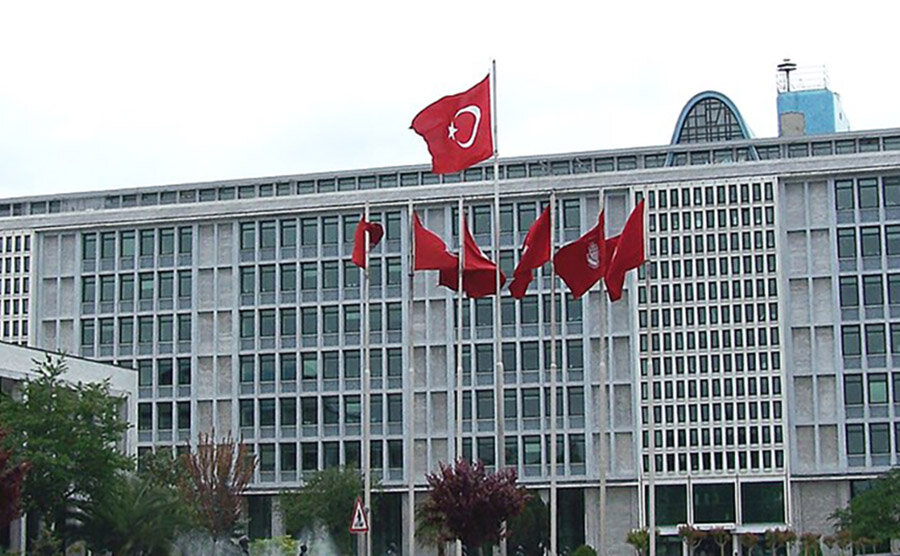Turkish Markets Crash After Arrest of Istanbul Mayor: Political Crisis Fuels Investor Panic

On March 19, 2025, Turkish financial markets took a severe hit after the arrest of Istanbul’s mayor and leading opposition figure Ekrem İmamoğlu. The Turkish lira, government bonds, and stock market all plunged in response to the news, highlighting growing political risks in the country and triggering a wave of concern among investors.
The lira dropped as much as 14.5% during the day before paring losses to close down 7.4% at 39.40 per dollar. Dollar-denominated government bonds fell by 1.6 cents, marking the steepest one-day decline since early 2024. Blue-chip stocks (.XU100) tumbled by nearly 6%, their worst daily loss in over a year.
Bloomberg reported that Istanbul’s Borsa 100 index plunged 8.7%, the sharpest drop in four years, leading to multiple trading halts. In New York, the iShares MSCI Turkey ETF fell 12%, and 10-year bond yields surged by over 255 basis points to 30.74%.
The collapse was directly linked to the arrest of İmamoğlu on corruption charges—a move widely seen as politically motivated. The 54-year-old mayor, known for his rising popularity and slated to become the Republican People’s Party’s (CHP) candidate for the 2028 elections, was detained just days after authorities annulled his university diploma.
His arrest follows a wider crackdown on opposition figures. In recent months, several political leaders, journalists, and activists have been detained under accusations ranging from “insulting the president” to participating in decade-old protests. Analysts suggest this is part of a broader strategy to fracture the opposition and consolidate power.
President Recep Tayyip Erdoğan, who has ruled Turkey for nearly 25 years, is believed to be preparing to extend his rule beyond 2028—either by amending the constitution or calling early elections.
“Turkish assets are under intense selling pressure,” said Petr Matys of In Touch Capital Markets. “This is a reminder that Erdogan is trying to sideline his strongest political opponent ahead of the next presidential election.”
William Jackson from Capital Economics warned that the sudden plunge in the lira will complicate inflation control and might derail Turkey’s economic reform plans.
Investors had recently turned optimistic, encouraged by lower-than-expected inflation, interest rate cuts, and signs of closer EU ties. But with the political landscape shifting dramatically, economic growth forecasts may need to be revised downward, and the Turkish market is now seen as highly volatile and unpredictable.
Подсказки: Turkey, Erdogan, political crisis, Imamoglu, Istanbul, markets, economy, lira, Turkish stocks, investor confidence, bonds, EU, elections, opposition, dictatorship, democracy, risk, forex, inflation, protest, crackdown








